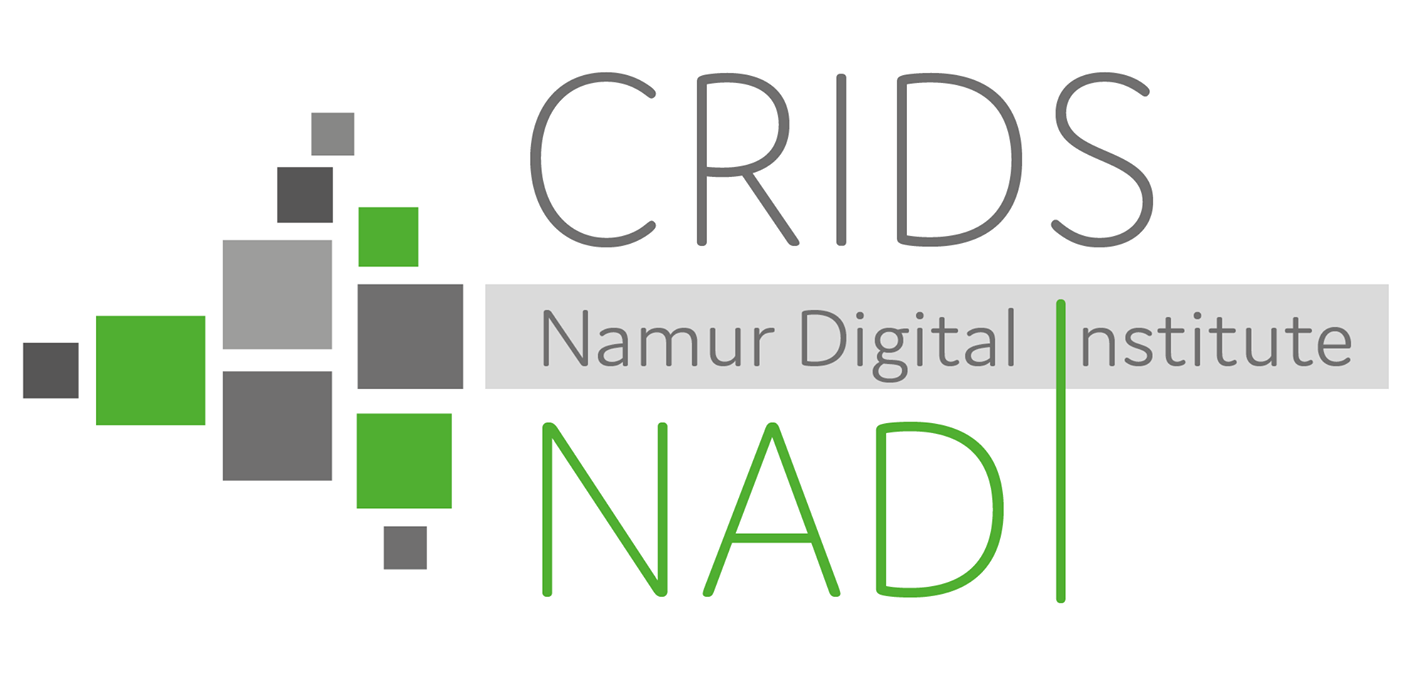Les sciences participatives: un défi pour l'objectivité scientifique?
This research project interrogates, in both a descriptive and a normative way, the consequences of the growing influence of so-called “citizen science” (CS) on the objectivity of scientific research. Whereas the participation of citizens who are no professional scientists to the construction of knowledge is relatively well studied in a descriptive way, philosophers have not yet investigated in a systematic way its burdens and benefits for the objectivity of the research process. Yet, these participatory practices modify the way science is made, and they sometimes meet resistances from scientists themselves (Riesch and Potter, 2014; Golumbic, 2017). Indeed, important epistemological concerns may be raised: the quality of the data collected by crowd-sourcing programs (Resnik, 2015), but also the lack of neutrality of the militant groups (for instance, NGOs) which engage into citizen science to defend a political agenda (Sarewitz, 2000). More general, participation disturbs the self-regulatory mechanisms characterizing scientific communities, and thus may constitute (at least in prima facie) a challenge to the very objectivity of the research process. Whatever the exact meaning we give to this concept, objectivity is widely recognized as the main justification of the social authority of science, and/or of its epistemological value. It is therefore crucial to understand (i) how citizen science may threaten, or promote, the objectivity of science, and (ii) how participative programs should be designed to preserve or improve this objectivity. To do so, the goals of the research project are, first, to propose a conceptual analysis of the notion of scientific objectivity as it may be applied to citizen science; second, to apply this conceptual analysis to concrete CS programs; and, third, to give some recommendations to improve CS programs and I compare these recommendations with the « good practices » identified by the institutional reports.
Researcher: Antoinette ROUVROY





